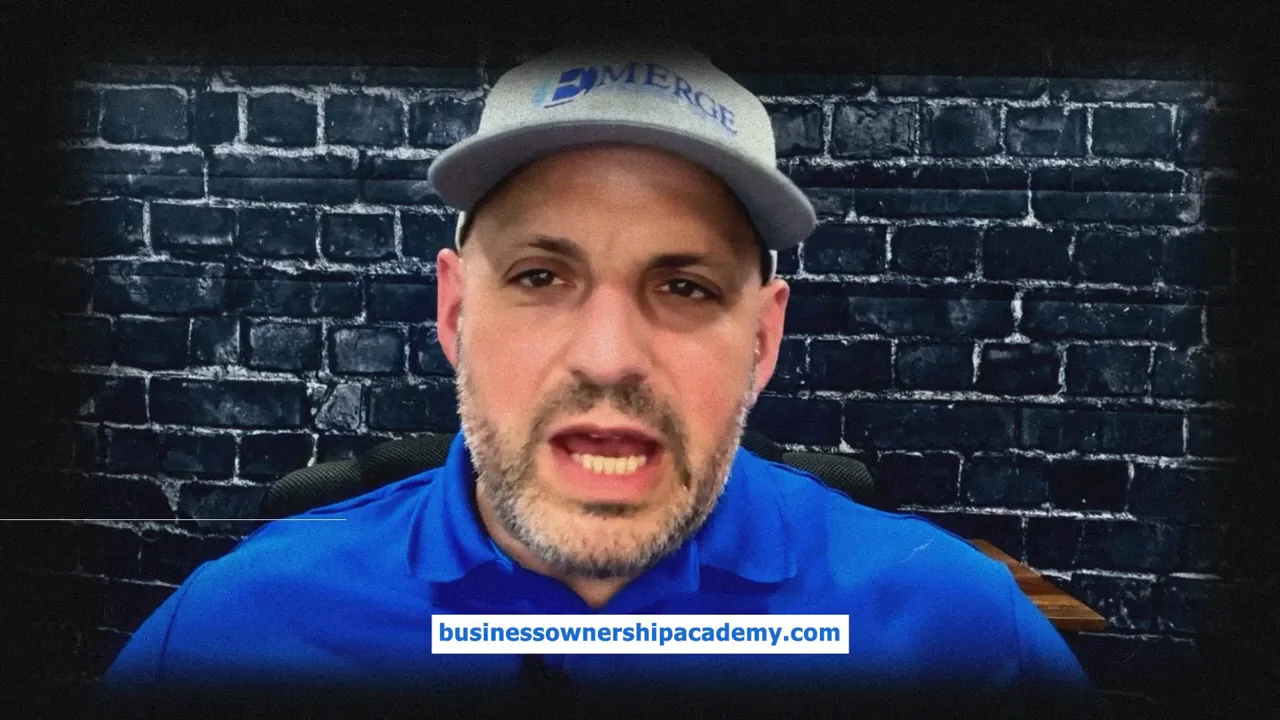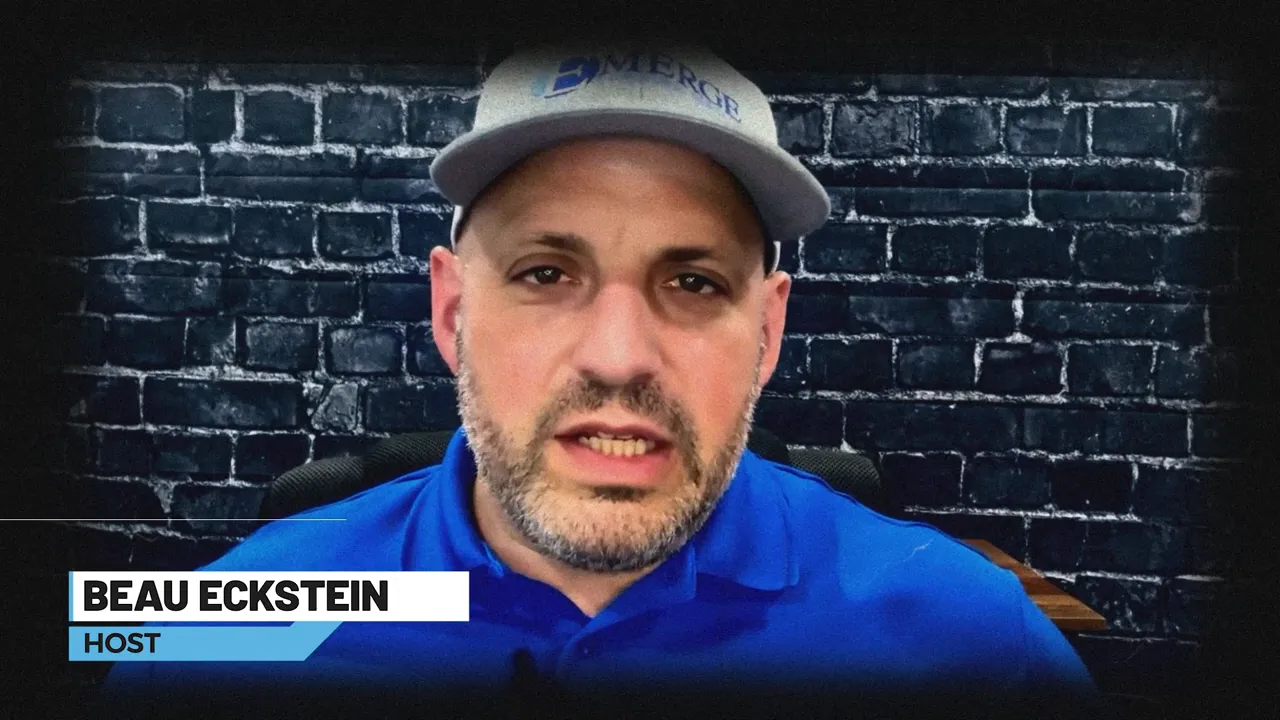When you're buying a business or refinancing commercial real estate, the question I hear most often is simple: can you lock in a fixed rate on an SBA 7(a) loan? As a Business Ownership Coach | Investor Financing Podcast voice, I want to give you a clear, practical breakdown so you can pursue financing with confidence. Below I explain how fixed-rate options work, why they are usually tied to specific deal types, how different banks approach pricing, and the trade-offs you must weigh when choosing a lender. If you want stability in your monthly payments, this guide will help you understand the real-world options and pitfalls.
Understanding fixed-rate options on SBA 7(a) loans

Short answer: yes, but with important limitations. Many lenders do offer fixed-rate options on SBA 7(a) loans, but fixed rates are not universal across every bank or every deal. In practice, fixed-rate options appear most commonly when commercial real estate is involved. Without real estate collateral, lenders are much more likely to offer variable-rate structures tied to prime or other benchmarks.
When I say fixed-rate options exist, I mean that a sizable portion of the market includes lenders willing to structure fixed pricing for the guaranteed portion of an SBA 7(a). However, it is not standard across the board. If you ask 10 top SBA lenders, roughly 50 to 60 percent might provide fixed-rate options depending on the loan purpose, collateral, and your file specifics.
Remember that the SBA 7(a) program offers flexibility because lenders can tailor terms. Fixed-rate availability ultimately comes down to the lender's appetite and the loan structure. If you need payment stability, aim for lenders who have a track record of offering fixed terms on similar deals.
Why fixed rates are often tied to commercial real estate

Fixed-rate availability is frequently linked to commercial real estate for several reasons. Real estate provides a tangible, long-term asset that lenders can rely on as collateral. Banks are more comfortable fixing a rate when they believe the collateral reduces long-term risk. In many cases, the fixed-rate option is presented only when the SBA 7(a) loan is secured by commercial property.
Some banks will provide a fixed-rate for the initial period of the loan and then convert to a variable margin after that. For example, one lender I work with structures commercial real estate SBA 7(a) loans with prime fixed for the first two years with no margin, and then it converts to prime plus one. These hybrid structures are common and can offer a short period of certainty while retaining flexibility for the lender later on.
How banks differ: margins, prime, and pricing strategies

Lenders are all over the map when it comes to SBA pricing. Some banks default to a prime-plus structure and may not offer any fixed product. Others have more creative solutions and will negotiate fixed pricing, especially on commercial real estate deals. The margin a bank offers needs to be evaluated in context.
Low margin does not automatically make a bank the best choice. Lenders that advertise the lowest margins often apply greater scrutiny to files. They may have stricter underwriting or require more documentation. If your deal has any “hair” — meaning complexity, weaker financials, or unusual circumstances — those aggressive low-margin lenders might balk or slow down the process.
On the other hand, there are lenders who operate more aggressively and are willing to underwrite deals that have wrinkles. These lenders sometimes sell the guaranteed portion into the secondary market. That means they underwrite to a certain threshold, package the guarantee, and sell it. For borrowers, that route can deliver certainty of closing, even if the margin is slightly higher.
Why the lowest rate is not always the best bank to choose
Photo by David Trinks on Unsplash
When pursuing an SBA 7(a), your objective should be to close the deal, not just secure the lowest theoretical rate. A lender that offers prime plus the smallest spread might sound attractive, but if they scrutinize your file to the point of denial or delay, that low rate is meaningless. Time to close and certainty of funding matter just as much.
Weigh the trade-offs: speed, certainty, and lender fit versus the marginal savings of a lower interest rate. An aggressive lender with a slightly higher margin who understands your industry and the specifics of the acquisition may be the difference between getting the deal done or losing it.
Think of lender selection as matchmaking. You want a lender with a history of closing deals like yours, even if their advertised rate is not the absolute lowest available. That practical perspective will save you stress and often money over time.
How we help you package the loan and work with BDOs

In our office, we focus on three things: find the right lender, package the loan effectively, and get it to a business development officer who specializes in SBA. We help you navigate which banks are most probable to do your specific deal and prepare the documentation to minimize red flags.
That includes assembling financials, building a persuasive acquisition narrative, and anticipating lender concerns so they do not become deal killers. We work hand in glove with BDOs to shepherd the file toward closing. The BDO is the lender-side specialist who knows their bank's risk tolerance, product quirks, and the fastest path to approval.
If your priority is stability in payments, let us identify lenders that can provide fixed-rate structures for your situation. If not possible, we prepare you for hybrid or variable options and show how to protect your cash flow under those scenarios.
Introducing the Business Ownership Academy community

Because many of you asked for more, we built Business Ownership Academy on a platform that brings community and education together. The Academy is designed to be an educational hub and a place to network with other entrepreneurs, lenders, franchise professionals, and operators who have real acquisition experience.
We will host interviews, case studies, and deep dives on SBA 7(a), 504, Express loans, and franchise systems. The goal is to inspire action and give you practical next steps. Expect live events, lunch-and-learn sessions, and small group masterminds that help you take daily steps to move the needle.
If you want to be a founding member, visit businessownershipacademy.com. Being part of this community will give you access to the network and resources that make navigating SBA financing, including fixed-rate options, much more straightforward.
Practical checklist: If you want a fixed-rate SBA 7(a)

- Confirm if commercial real estate is part of the collateral package. That increases the likelihood of a fixed option.
- Identify 3 to 5 lenders who regularly offer fixed rates for similar deals.
- Prepare thorough financial documentation and an acquisition narrative to reduce lender pushback.
- Decide if you prefer a short fixed period then convert to variable, or a full-term fixed structure when available.
- Consider speed to close: prioritize lenders who will actually fund the deal over those who only offer marginally better pricing.
Final thoughts and next steps

Is a fixed-rate SBA 7(a) loan possible? Yes, especially when commercial real estate is involved. But availability varies by lender, and the lowest margin is not always the best choice. Prioritize certainty, speed, and lender fit. Work with someone who understands how to package your deal and has trusted relationships with BDOs who can get you across the finish line.
If you want help evaluating your options, you can book a call at http://bookwithbeau.com/ or join our community at businessownershipacademy.com. If you have questions about a specific deal, reaching out early in the process will make your path to a fixed-rate or stable financing solution much smoother.
Business Ownership Coach | Investor Financing Podcast is focused on giving you practical guidance and a community that helps you act. Join us, learn the nuances, and take consistent steps toward owning and growing your business.

